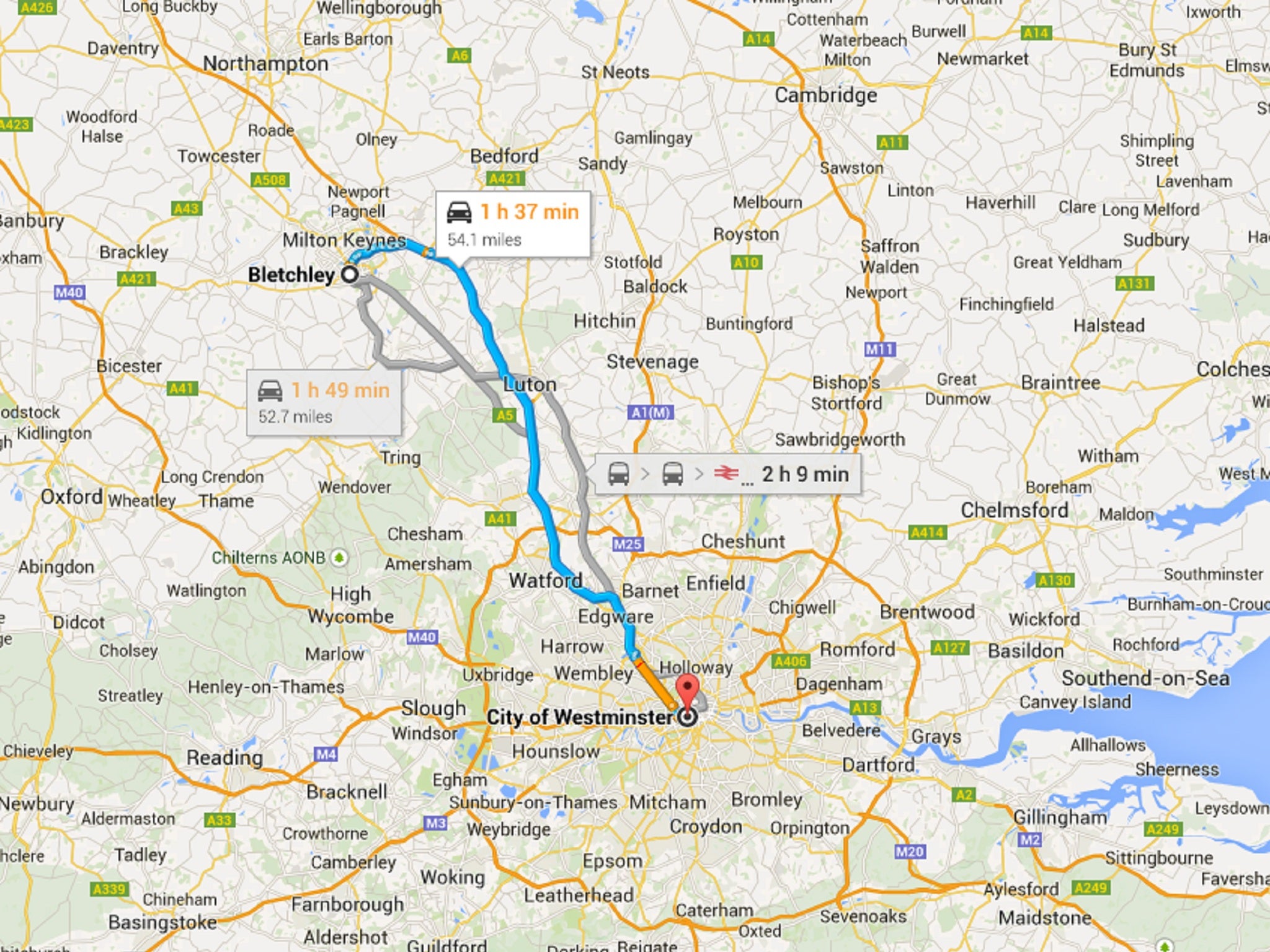Westminster Council housing: Local authorities now have to prove homes are not available in borough before shipping tenants out
A single mother had her children taken into foster care after refusing to move

Your support helps us to tell the story
From reproductive rights to climate change to Big Tech, The Independent is on the ground when the story is developing. Whether it's investigating the financials of Elon Musk's pro-Trump PAC or producing our latest documentary, 'The A Word', which shines a light on the American women fighting for reproductive rights, we know how important it is to parse out the facts from the messaging.
At such a critical moment in US history, we need reporters on the ground. Your donation allows us to keep sending journalists to speak to both sides of the story.
The Independent is trusted by Americans across the entire political spectrum. And unlike many other quality news outlets, we choose not to lock Americans out of our reporting and analysis with paywalls. We believe quality journalism should be available to everyone, paid for by those who can afford it.
Your support makes all the difference.Councils are no longer allowed to send homeless and social housing tenants to live out-of-borough without showing proof that no other homes are available, the Supreme Court has ruled.
Westminster Council acted unlawfully by offering to house a homeless family outside London and discharging their duties when the appellant refused to move there, five judges unanimously decided on Thursday.
Titina Nzolameso and her five children – aged between eight and 14 – were offered temporary accommodation in a five-bedroomed house in Bletchley, Milton Keynes, although she had lived in Westminster since 2000.
Her children were put in foster care after the 51-year-old single mother had refused to move. Ms Nzolameso is HIV positive and has diabetes, hypertension, diabetic retinopathy and depression.
The family was previously evicted from a privately-rented flat in 2012, after four years, as the housing benefit cap made it impossible to pay the £1,150-per-week rent.
After being evicted, they were housed in two separate rooms at a bed and breakfast hotel in Kensington, so that the children could continue to go to their schools.
In January 2013, she was given the offer of the Milton Keynes house but she turned it down as it was too far away from friends that she relies on for help. The council notified her the following May that it was no longer obliged to help her find a home.
Westminster Council argued that because none of her children were of GCSE age, she had no reason not to move 50 miles away. Her children, including twin daughters, had to be fostered while she was sleeping on friends’ sofas.
Ms Nzolameso, who sought asylum here in 1998 from Democratic Republic of Congo, was only able to visit her children at set times three days a week. She and their father split in 2007 but the children still have contact with him.

A letter from the council said: “As you are aware Westminster is currently suffering from a severe shortage of both temporary and permanent accommodation.
“It is therefore not reasonably practicable to offer temporary accommodation in the borough for everyone who applies for it and therefore we have to offer some people temporary accommodation located outside Westminster.”
Judges said that local authorities have to provide more proof than just a standard copy-and-paste explanation stating that there is a shortage of housing in the area to be able to house tenants far away from their communities.
The Supreme Court said that Westminster Council gave Ms Nzolameso “no indication” of what properties were available in the borough or even anywhere else in London.
Ms Nzolameso’s case was turned down by the Court of Appeal last week. The Supreme Court judgement overturns any previous decisions in favour of the council.

Judge Lady Brenda Hale said: “The courts below were too ready to assume that Westminster had properly complied with its statutory obligations.”
Ms Nzolameso’s lawyer Jayesh Kunwardia said: “Every council up and down the country will need to review its policies. There are other councils, we know, that are applying a standard approach of sending people out of area without having regard to finding accommodation in borough, or close by.”
It is understood that the family have been reunited and are now living in temporary accommodation in London while Westminster Council finds them a permanent home.
Cllr Daniel Astaire, Westminster City Council cabinet member for housing, had said that the decision would put pressure on neighbouring authorities and resources. However, Supreme Court judges argued that housing tenants far away from local areas would also impact other councils.
According to the document 48 per cent of Westminster’s homeless placements in 2013 were out of borough.
Join our commenting forum
Join thought-provoking conversations, follow other Independent readers and see their replies
Comments